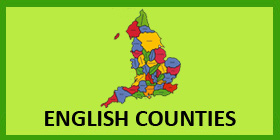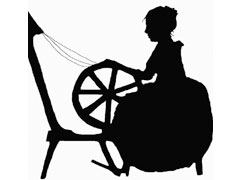




Back to the Intro Page







Although the Wars of the Roses was fought in England, ordinary people were less affected unless a battle took place near them. More people were learning crafts and earning a living from selling what they made rather than having to work for a lord for little pay. People were moving from villages to towns. Women were doing jobs too. Some were apprenticed to a trade. Unmarried women used to do spinning as they had no children or family to look after. This is where you get the word “spinster” for an unmarried woman. Industries began to group in certain areas with tin mining in Cornwall, salt mining in Cheshire and lead mining in Yorkshire and Somerset. Many merchants and tradesmen lived above their shops returning to how things were in Roman times. Wealthy merchants had grand houses with lots of servants, some as young as 7. Other young boys would be apprenticed to a master craftsman. They would go and live in their houses for up to seven years. After training they would become something called a journeyman and be paid a wage by the master. To actually become a guild member of their chosen trade they would have to produce a master-piece which was really just a test piece to show that they had the necessary skills to become a master, or expert, of their chosen craft. By the way, these guilds we have talked about also put on mystery plays which were based on Bible stories but usually full of jokes. Mystery may come from the French metier meaning a job or a trade. I suppose they could have called them guild plays.
Back to the Plantagenets Again Hoots - Daily LifeForward to the Tudors Hoots - Daily Life

